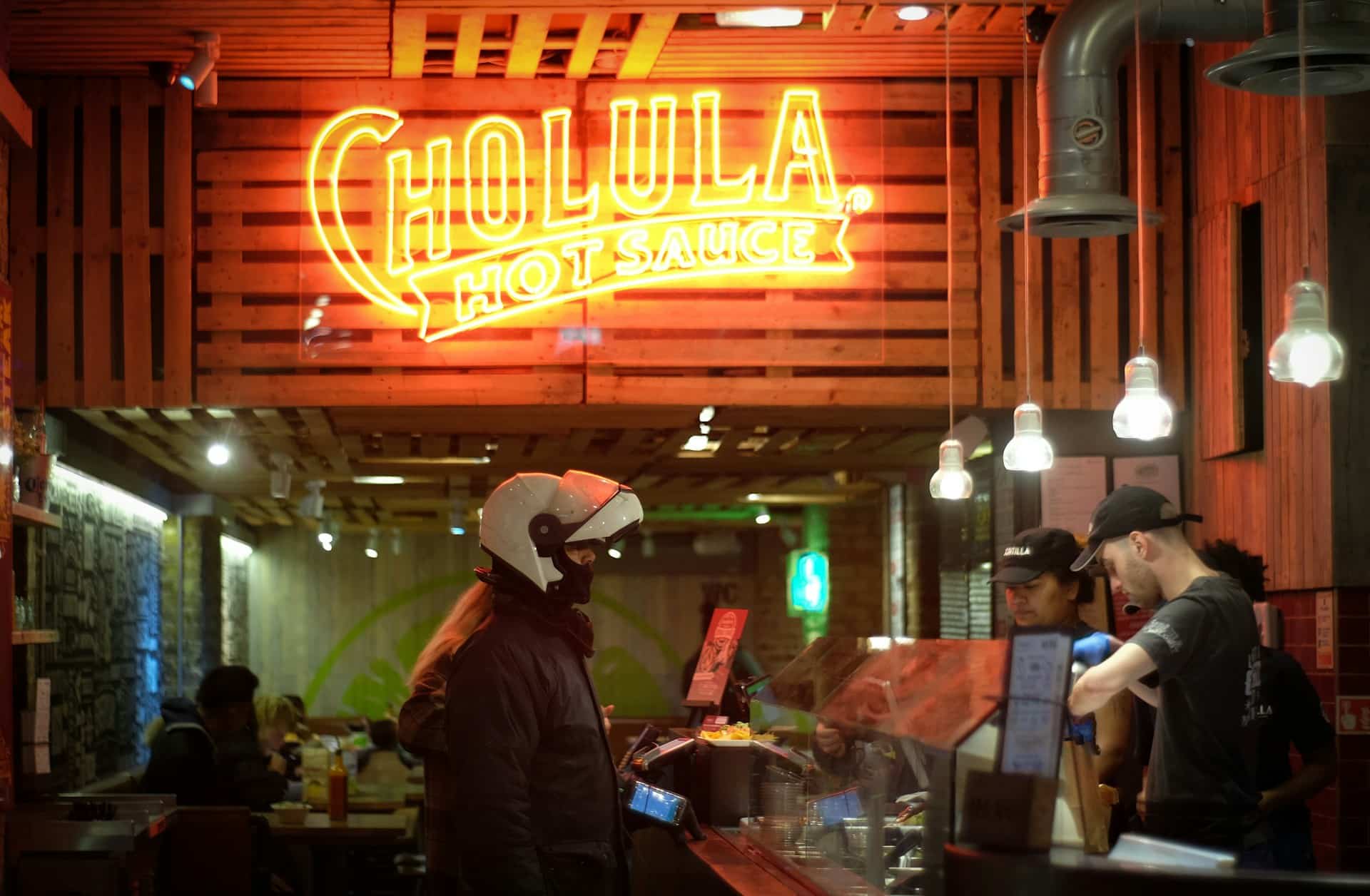In the rapidly evolving restaurant industry, staying ahead requires more than just offering great food and service. With technology advancing at a breakneck pace, the utilization of big data has emerged as a game-changer for restaurants looking to optimize their menu offerings. Collecting and analyzing data helps you understand customer preferences, streamline operations, and ultimately boost sales and profitability. In this article, we delve into how leveraging big data and analytics can significantly enhance your restaurant business’s performance, allowing you to tailor your menu to meet customer demands more effectively.
The Role of Data Analytics in Menu Engineering
Embracing data analytics in the food industry allows you to gain valuable insights into your customers’ behaviors and preferences. By analyzing data collected from various sources, such as sales records, inventory management systems, and social media platforms, you can identify which menu items are popular and which ones are underperforming. This information is crucial for effective menu engineering.
A lire en complément : What Are the Effective Strategies for UK Universities to Use AI in Research Projects?
Menu engineering involves strategically designing your menu to maximize profitability. By understanding which dishes are high-profit and which ones drive the most customer satisfaction, you can make informed decisions about which items to promote or phase out. For example, if analytics show that a particular dish is frequently ordered but has a low profit margin, you might consider adjusting its price or portion size.
Additionally, big data can reveal trends and seasonal patterns in food preferences. This enables you to tailor your menu to cater to changing customer experience over time, ensuring that your offerings remain relevant and appealing. By continuously monitoring data and adjusting your menu accordingly, you can increase customer loyalty and encourage repeat business.
A lire aussi : What Are the Best Practices for UK Businesses to Implement Cloud Security?
Enhancing Customer Experience through Data-Driven Insights
A superior customer experience is at the heart of any successful restaurant. By leveraging data-driven insights, you can create a more personalized and satisfying dining experience. For instance, data from customer feedback and reviews can help you identify areas for improvement in your service and menu offerings.
Delivery apps also generate a wealth of data that can be analyzed to optimize your food delivery services. By examining delivery times, order accuracy, and customer feedback, you can streamline your operations and ensure a positive customer experience. Additionally, social media platforms provide valuable data on what people are saying about your restaurant. By monitoring these conversations, you can gain insights into what your customers love and what they dislike, allowing you to make necessary adjustments.
Another aspect to consider is the use of personalized promotions and marketing. By analyzing data on customer demographics and purchasing behavior, you can create targeted marketing campaigns that resonate with specific segments of your audience. This personalized approach can lead to increased sales and a stronger connection with your customers.
Improving Operational Efficiency with Big Data
Operational efficiency is critical to the success of any restaurant. Efficient inventory management, staff scheduling, and supply chain coordination can significantly affect your bottom line. Big data plays a vital role in enhancing these operations.
By analyzing sales data, you can forecast demand more accurately and adjust your inventory management practices to minimize waste and reduce costs. For example, if data shows that certain menu items are consistently popular on weekends but not during the week, you can adjust your ordering accordingly. This ensures that you always have the right amount of ingredients on hand, reducing spoilage and inventory costs.
Big data can also help with staff scheduling. By analyzing data on customer traffic patterns, you can optimize your staff schedules to ensure that you have the right number of employees working at peak times. This not only improves service quality but also reduces labor costs.
The supply chain is another area where big data can make a significant impact. By analyzing data from suppliers, you can identify trends and potential issues before they become problems. This allows you to proactively manage your supply chain, ensuring that you always have the necessary ingredients and materials to meet customer demand.
Leveraging Big Data for Marketing and Sales
Effective marketing is essential for attracting new customers and retaining existing ones. Big data provides a wealth of information that can be used to create targeted and personalized marketing campaigns. By analyzing data on customer demographics, purchasing behavior, and preferences, you can develop marketing strategies that resonate with your audience.
For instance, if data shows that a significant portion of your customers are health-conscious, you can create marketing campaigns highlighting your healthy menu items. Similarly, if you notice that a particular age group tends to frequent your restaurant, you can tailor your marketing efforts to appeal to that demographic.
Additionally, data from delivery apps can provide valuable insights into your customers’ behavior. By analyzing this data, you can identify trends and preferences, allowing you to optimize your food delivery services and create targeted promotions for your delivery customers.
In conclusion, the utilization of big data in the restaurant industry offers numerous benefits for optimizing menu offerings and improving overall business performance. By leveraging data analytics, you can gain valuable insights into your customers’ preferences and behaviors, enabling you to make informed decisions about your menu and operations. This, in turn, leads to increased customer experience, improved operational efficiency, and more effective marketing strategies.
As the food industry continues to evolve, staying ahead requires embracing the power of big data. By doing so, you can ensure that your restaurant remains competitive and relevant in an ever-changing market. Whether you’re a small independent restaurant or part of a large chain, the insights gained from data analytics can help you optimize your menu offerings, enhance your customer experience, and ultimately boost your sales and profitability.

No Responses